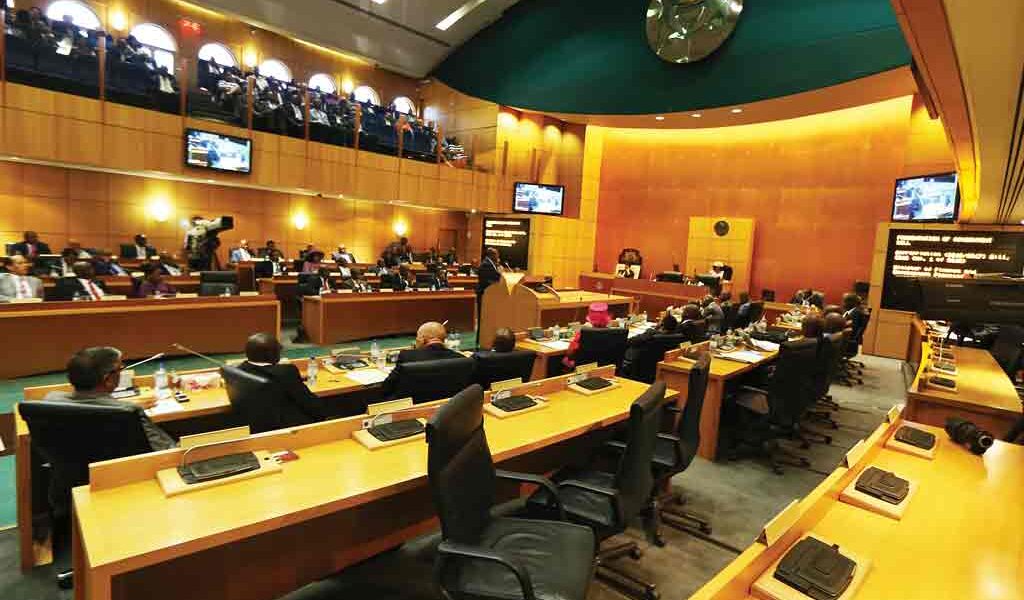World Bank shows that Botswana PPP market remains undeveloped
TSHIAMO TABANE
The private sector says there is lack of political will to develop infrastructure via Public Private Partnership (PPP) in Botswana as government continues to carry out infrastructural projects without engaging private sector companies.
This emerged last week at the Stanbic Bank Botswana PPP Conference in Gaborone where the private sector expressed worry that government is not willing to partner with it in implementing infrastructural projects and that the development of the PPP market in the country is very slow. Commenting regarding progress in implementing PPPs, a Botswana Public Officers Pension Fund (BPOPF) representative who attended the conference, Thabo Matthews, stated that government’s political will to partner with the private sector was worrisome.
“Finance Ministry needs to move faster. We should not be talking about a 2009 policy. We are in 2017 but we are still talking about amending and strengthening framework. We should be talking about transactions. As BPOPF we have money and we want to support government but we will continue to take that money to offshore markets because it appears that government is not willing to engage private sector for partnership in infrastructural developments. The political will is worrisome,” he said, indicating that the only problem was that while the private sector wants cost reflective charges to maximize profits when participating in PPPs, government wants to do everything cheap but end up losing more money as evidenced by cost overruns in some mega infrastructural projects.
An investor and stakeholder in the non-bank financial sector, Regina Sikalesele-Vaka, expressed similar concerns, saying there was no assurance that government is serious about developing PPPs market in Botswana: “The 2009 PPP policy was drafted in 2004 and we expect to see government showing us a plan of projects spared for PPPs. We also want to see political will and assurance that government is serious about develop PPPs as that would give us confidence that the country is moving from talking to implementation.”
Ministry of Finance and Development Planning PPP Unit coordinator Orono Otweyo meanwhile promised that government was amending the 2009 PPP Policy to strengthen regulations on PPPs and added that, following the amendment, government will start releasing a list of projects for PPPs as part of National Development Plan (NDP). The coordinator however could not give time frames on when the amendment of the policy will be completed.
In the recent report on African economies, World Bank indicated that with only 1 PPP project implemented in Botswana, the country is among many Sub Sahara Africa countries with less developed PPP markets. “According to the World Bank’s Private Participation in Infrastructure (PPI) database, there are 335 PPPs; 18 in 19 infrastructure projects in Sub-Saharan Africa have reached financial closure, while 20 have- in the past 25 years. However, the entry year is not the best indicator of how active each country is in bringing PPP projects to the market. Despite that many countries in Sub-Saharan Africa started early, they never produced another PPP after their first one.”
The World Bank has indicated that PPP projects in Sub-Saharan Africa have been concentrated in only a few countries, namely South Africa with 85 PPP projects, Nigeria (35), Kenya (22), and Uganda (22), which are the top four countries in investment and number of projects, while Botswana and other eight countries have only produced 1 PPP and another 13 have produced only two or three in the past 25 years: “The low number of PPPs in these countries can be attributed to the fact that some are small economies while others have weak legal and regulatory frameworks for procuring and implementing PPPs.”
The World Bank has indicated in its 2017 Benchmarking PPP Procurement (BPPP) report which measures governments’ capability to prepare, procure, and manage PPPs globally that the region performs below average in each of the four thematic coverage areas: project preparation, procurement, unsolicited proposals, and contract management.

